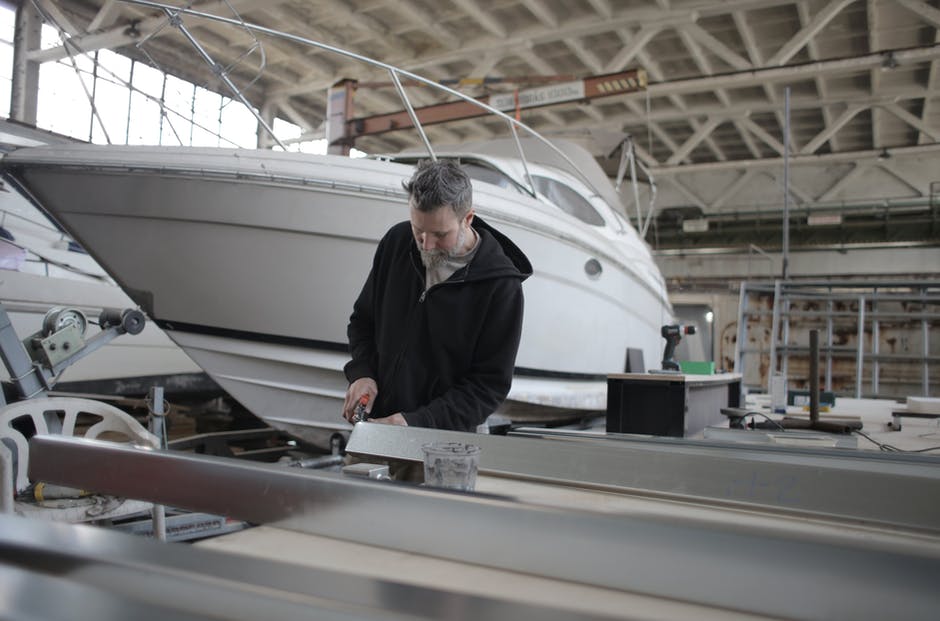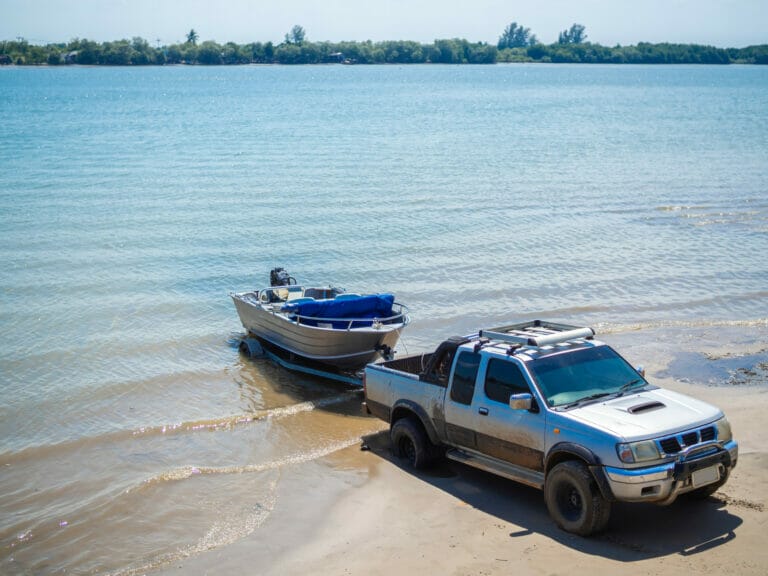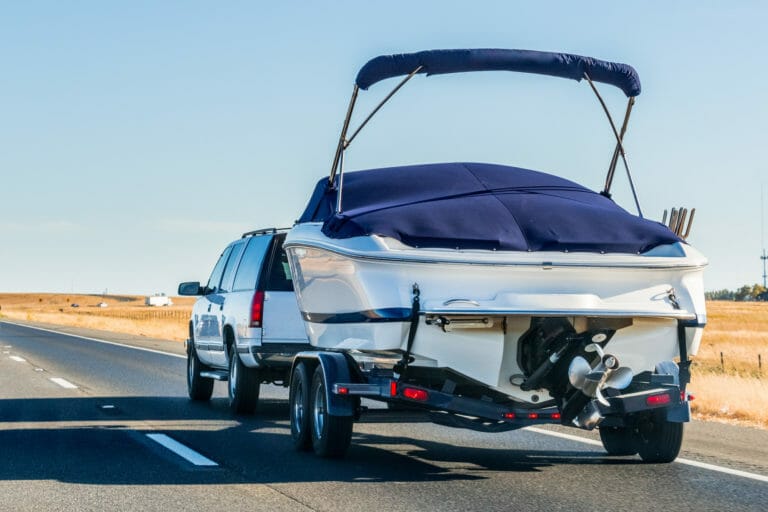How to Inspect Your Boat Trailer Parts
An estimated 100 million Americans go boating every year, with many of them employing boat trailers. It’s crucial to know how to maintain boat trailer parts and when to inspect them. But how do you perform a boat trailer inspection?
If you’re curious about when to check your boat trailer parts, we’re here to help. Read on to learn the steps to a thorough boat trailer inspection to ensure your safety.
Why Maintain?
Many feel that boat trailers are simple machines meant to take a boat from point A to point B. While they aren’t exceptionally complex, boat trailers are a crucial component to towing your boat.
If you fail to properly maintain your boat trailer parts, you may find it fails. A poorly-maintained boat trailer could break down on the road, scratch your boat, and cause many more issues.
You should also make sure you’re using the right type of trailer. For boating in saltwater, you’ll want to use only the best boat trailers for saltwater. Ones made for freshwater will corrode to salt much quicker.
How to Inspect
Now that we know the importance of inspecting, we can move how to complete an inspection. Many boat trailer guides will show you how to perform a routine inspection. Just remember that even the best boat trailers will need frequent inspection and maintenance!
Tires
Boat trailer tires are the first part you should inspect during your seasonal trailer check. Tires can wear down on your boat trailer the same way that they will on your vehicle.
These tires also take the brunt of the elements depending on where you keep your trailer. If you back your trailer into the water to launch your boat or park it on gravel for long periods, your tires will wear more quickly.
Check for any punctures, splits, or other physical damage. You should also inspect the treads to make sure the tires aren’t going bald. Bald tires lose traction and can lead to your trailer failing to break or accelerate properly.
Axles and Brakes
Boat trailer axles are crucial to keeping your tires turning and your trailer on the move. While inspecting your trailer, pay close attention to these components.
Examine your boat trailer axles for any cracks, breaks, or fractures. If these are present, you should stop using your boat trailer immediately. Your axle snapping on the road will lead to severe damage.
Boat trailer brakes also need inspection the same way that they would on your usual vehicle. Brake pads can wear down until they aren’t able to stop the trailer properly anymore.
If you hear squeaking or squealing when you brake, it may mean you need to change brake pads. Even if you’ve recently done an inspection, you should look for the cause of the squeaking. A crunch means that you’ve worn down to brake rotors, which means immediate replacement is necessary.
Overall, maintaining your axles and brakes is crucial for boat repair. Ensure that you’re inspecting these components closely.
Springs, Shocks, Shackles
Boat trailers have multiple small components that are easy to overlook. Springs, shocks, and shackles are crucial for keeping your boat secure and your trailer smooth.
Check all of these components at every inspection for any wear or corrosion. If they need replacing, do so immediately. Boat trailer winches are also part of this step.
Some custom boat trailers have more of these parts than others! If yours has extraneous springs, make sure you’re maintaining them per usual.
Trailer Lights
Finally, the electronics on your boat trailer will need an inspection. Trailer lights are important for making sure that others can see your brakes, turn signals, and more.
It’s worth noting that some simpler aluminum boat trailers have no lights. Most aluminum slide-on trailers, for example, are as simple as a sled! These are usually made to tow smaller boats and make this step skippable.
If your trailer has lights, closely inspect the wiring and lighting. If these lights aren’t functioning properly, you may receive a ticket in some states. Worst case scenario, you’re the cause of an accident.
Frequently Asked Questions
Now that we’ve discussed the steps to a simple seasonal trailer check, there are a few questions remaining. Here are some of the most common questions when discussing boat trailer inspections.
How Often Should I Inspect My Boat Trailer?
Generally speaking, you should have your boat trailer inspected once a year. If you use your boat trailer frequently or live near saltwater, you may want two inspections a year.
Look into local boat trailer repair shops to see if they can complete the inspection for you. You may also find a boat trailer shop willing to inspect and replace some components.
What Makes My Boat Trailer Wear Down?
Your boat trailer wears down from the usual wear-and-tear that deteriorates other vehicles. However, boat trailers wear down more quickly due to not being built to the same standard as many other vehicles.
Saltwater is also more corrosive than freshwater. If you live in a coastal environment, the salt in the air can eat into your boat trailer’s parts quickly. Annual or biannual inspections are crucial in these environments.
Is It Okay to Skip the Inspection?
Simply put, no.
A boat inspection doesn’t take long and can help catch future disasters before they occur. You should take these inspections as a chance to make sure that everything is functioning as expected.
If you fail to maintain your trailer properly, there are plenty of consequences. On the low end, you could find that your trailer isn’t functioning, rendering your boat immobile and useless. On the more severe end of consequences, a failed trailer could cause an accident on the road, taking lives.
Maintain your boat trailer with an easy annual inspection.
Maintaining Boat Trailer Parts
Boat trailer parts are sturdy, but they wear down as anything else does. Perform an annual boat trailer inspection to make sure your brakes, winches, tires, axles, and springs are all still working correctly.
For more information, be sure to browse the rest of our extensive site. You can also contact us to discuss what trailer will best suit your needs!






